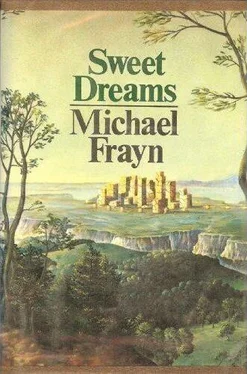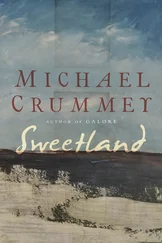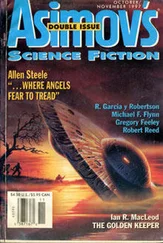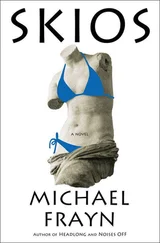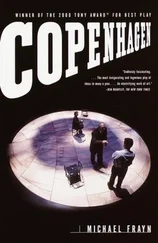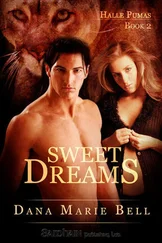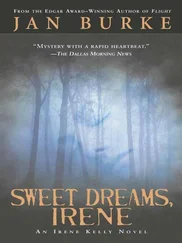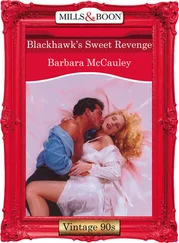“Howard love, all I get the tiniest bit cynical about is the way everyone closes his eyes to the truth. I was only teasing you because I thought you were just like the rest of them. I obviously got you wrong.”
“No, at that time you were right — I had got my eyes closed. I clearly got you wrong.”
“Oh, I’ve always been a bit of a subversive. I don’t know whether you saw any of the rather naughty stuff I put old Percy Bysshe up to?”
So he is not alone in his views, after all. Here and there in that hard, shining city there are individuals who think the same way as he does. Moles burrowing away underground, out of sight of each other, but with a common purpose. A group apart, the links between them welded by the sheer weight of society pressing down upon them.
He walks up and down for a while outside, unable to settle to the prospect of going to bed. The house gleams in the moonlight; the roses he has planted, now flooding the night with perfume, appear jet black and pure white.
Perhaps, in their reorganized solar system, they will keep the moon.
Even Phil phones.
“The bit I liked best,” says Phil, “was when you prodded the pig and told it about the unfairness of microorganisms. I thought you had the best of that particular discussion.”
Which, thinks Howard, may not sound much like a compliment — but which sounds considerably more like a compliment than anything else Phil has ever said.
He is the voice of his circle, his generation. This is how he is forced to see himself now.
And his circle, his generation, have a leading role to play in the establishment of a popular universe. The universe must be made by the people. But the people cannot make the universe themselves, without the aid of skilled and dedicated designers like Phil Schaffer and administrators like Bill Goody. He understands that now. They won’t know what sort of universe to want. Without expert encouragement by people who know how to handle public relations, like Charles Aught, they may not even know they want anything .
It’s not that he wishes to set himself up as a leader. But being outside the pressures of life in the city he has time to think, and to formulate his thoughts on all the issues of the day in the form of letters to the editors of the more influential newspapers. Whether it’s the effect of the country air, or of all that Gibbon and Johnson, he doesn’t know, but his prose style is transformed. After a few false starts a whole vocabulary and syntax that he never knew he knew begins to well up from his old-fashioned black portable. “Sir … growing concern … today more than ever … the need for a sense of urgency … there are many of us who feel … protect in the strongest possible terms … how long must we wait before …? which I for one believe … make our voices heard …”
The effect is astonishing. It turns out that it is not just his own set and his own age-group that he speaks for. Letters pour into the correspondence columns from all over — some of them from people who sound several years older than himself, and some of them from the most exclusive neighbourhoods, well beyond the pockets of any of his friends.
“Sir,” they say, “thank God there is someone … restored my faith in human nature … performed a signal service … struck a blow for common sense and ordinary human decency … exposed the hypocrisy of those who for our sins are set in authority over us … expressed what the vast majority of people feel … spoken up for the minority whose views are never taken into account …”
The reactionaries hit blindly back. “Sir,” they retort, “it was with some amusement that I read the views … with astonishment … with disgust … self-appointed guardians of the public conscience … fashionable cant … appear to have forgotten those who, in two world wars …” But they succeed only in making themselves look ridiculous.
People begin to write to him direct, seeking his collaboration in joint letters. To his surprise he finds himself basically in agreement on a wide range of questions which he has never really thought about before. He finds himself calling upon the Government to use its powers to stop or sink Christopher Columbus’s expedition before it reaches America, and sets off a chain of events disastrous to the ecology of two continents. He deplores the Government’s opening of the Red Sea to the Children of Israel, as old-fashioned interventionism of the most blatant sort. Utterly condemns the destruction of Sodom and Gomorrah. Welcomes, with some reservations, the introduction of the Black Death as a vital measure of population control.
He often comes down to the evening meal drained and exhausted after a day of writing his name at the bottom of letters like these. It’s not easy, as he explains to Felicity, to sign your support for the Black Death, when you have previously expressed your opposition to nephritis, nephrosis, and heart disease. But the important thing is to maintain solidarity, to find common ground between all the different dissenting groups.
Because the people who think as he does are no longer a beleaguered minority. Invisibly, beneath its glass and steel surface, the whole city is changing. Behind the smiling faces a complete new philosophy of life is being thought out.
A transformed society is being born within the fabric of the old.
The city has become like one of the supersaturated solutions which Howard remembers making in the chemistry laboratory at school. When the last crystal is dropped in, the whole solution will suddenly crystallize out around it. At one stroke the water will cease to contain the salt, and the salt will contain the water.
The Chases drive out to spend the weekend with them. Then the Bernsteins, and the Waylands, and Charles Aught.
“What a heavenly place!” they each cry in turn, as they climb out of their car, white-faced from the city and crumpled from the journey, and stroll with Howard across the lawns to the house in the evening sunshine.
“We’re getting it right slowly,” shrugs Howard. “You should have seen it when we first arrived. The trees and undergrowth came almost up to the house. The only furniture we had was a few tables and chairs.”
It’s a great pleasure seeing their friends again like this after so long. They eat, drink wine, play croquet, and talk. Talk for hours, strolling along the gravel walks in the sleepy heat of the afternoon, or sitting round the great fireplace at night. Talk seriously and deeply — about themselves, about their regard and affection for each other, about the strangeness of life.
They and their guests never get on each other’s nerves, because they have self-contained accommodation in what used to be the barns and outhouses. Howard converted them with his own hands, as he did everything else on the property.
The children never bother them. The Baker children take all the others off to the paddock, and teach them to ride.
These weekend visits are such a success that Howard and Felicity begin to expand them into full-scale house-parties — the Chases, the Waylands, and Luci Hayter, all at once; the Bernsteins, the Goodys, the Chyldes, and Charles Aught; the Kessels, the Keats, the Schaffers, the Chases, and Francis Fairlie. There are mixed doubles all afternoon, and Scrabble and acting games and trying on trunk-loads of period clothes all evening.
“It’s just like Cliveden or Garsington!” cries Prue.
“It’s just like the Chases,” replies Howard smoothly.
It is, too. They have absorbed the Chases’ role.
“We are a set , aren’t we?” says Miriam Bernstein. “We’re a sort of movement. We have our own style and ideas and ways of looking at things.”
Читать дальше
